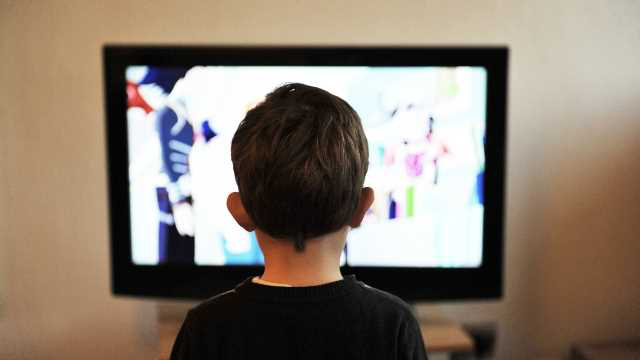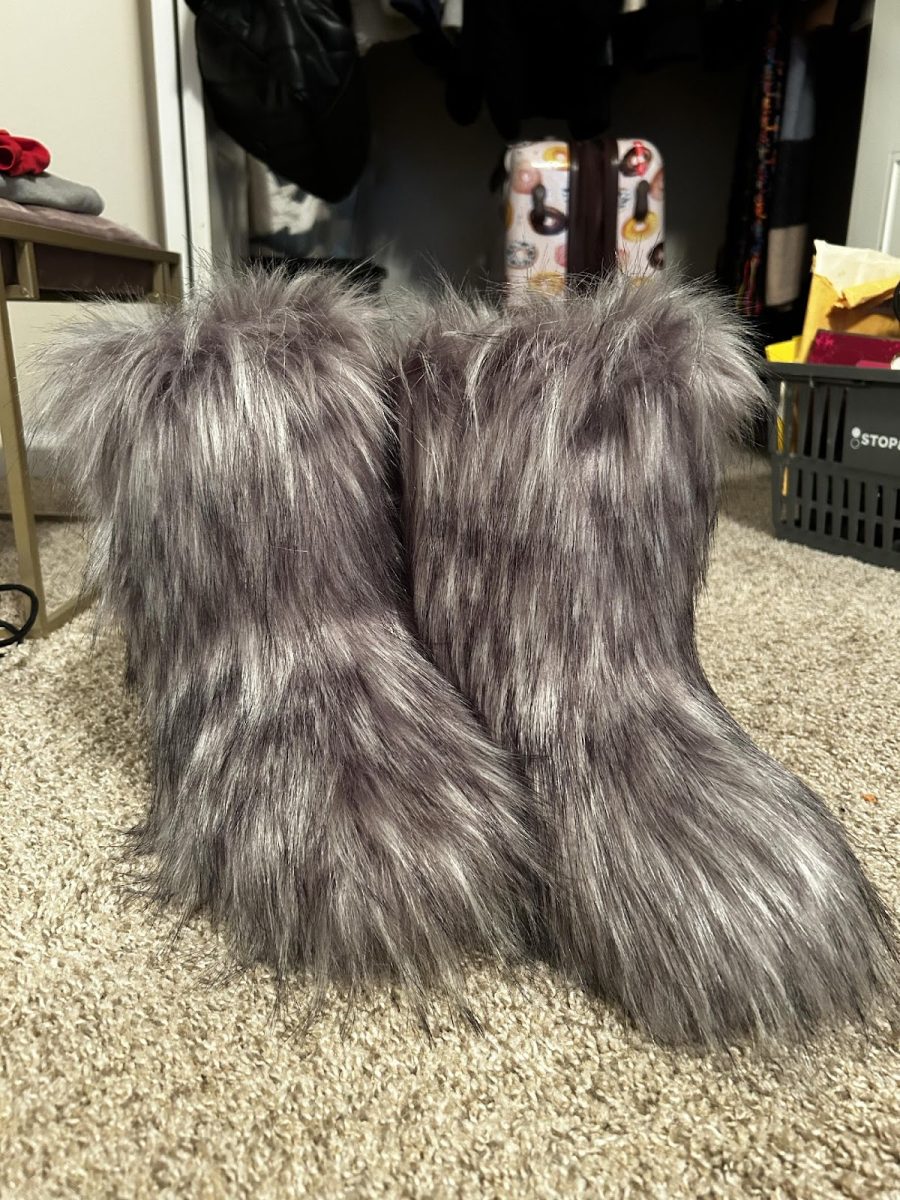
Many of us may have heard of the term “seasonal depression,” but may not know what it exactly entails. This article will help you get familiar with the disorder and nonmedical ways to deal with and get through this time.
First and foremost, seasonal depression derives from depression. Depression is a common mental health disorder that negatively affects how you feel, think, and act. It causes feelings of sadness and loss of interest in activities you once enjoyed. Now, seasonal depression is also known as Seasonal Affective Disorder (SAD). People who are dealing with SAD experience mood changes and symptoms similar to depression.
Symptoms occur during the fall and winter months where there is less sunlight. This can be extremely overwhelming and can lead to one experiencing anxiety. This can interfere with daily functioning. According to Psychiatry.org, “Seasonal Depression is found more commonly in women than men. SAD is linked to a biochemical imbalance in the brain prompted by shorter daylight hours and less sunlight. As seasons change, people experience a shift in the biological internal clock or circadian rhythm that can cause them to be out of step with their daily schedule.” This can be even more difficult to deal with especially because we are undergoing a pandemic and have limited activities we can participate in. We are confined to certain experiences to engage in due to COVID-19 and social distancing.
If you’re unsure if you may be dealing with seasonal depression, according to Webmd.com, these are some symptoms many experience:
-
Feeling sad
-
Loss of interest in activities once enjoyed
-
Changes in appetite (usually eating more)
-
Change in sleep (usually excessive)
-
Increased desire to be alone
-
Loss of energy/Increased fatigue (even with increased sleep hours)
-
Feeling worthless
-
Difficulty thinking, concentrating or making decisions
-
Thoughts of death or suicide

There are many ways the internet suggests seeking help or deal with SAD in a professional and medical way, however these are some tips if you cannot seek this kind of help. Here are 8 ways to beat Seasonal Depression naturally that has definitely help me.
Change Your Routine!
This will help you so much. You will start seeing changes in your mood just by doing this. Below are the ways I have changed my routine and it has helped immensely.
Read
This includes books, blogs geared towards your interest, and/or online magazines and newspapers. I personally started reading a lot of self-help books, which are books geared towards changing your mindset and lifestyle. Books that can really help are anything themed on the law of attraction, spiritual awakening and personal finance. You will feel enlightened and motivated to make changes.
Exercise
Whether you have access to a gym or have some equipment and space at home, it is important to include physical activity in your routine a few times a week. Working out can include going to the gym (of course with your mask) and either engaging in cardio or lifting, toning, etc. Working out at home is effective as well. During the lockdown, I personally ordered a yoga mat, resistance bands, dumbbells, and a sweatband that targets stomach fat. I engaged in these activities and already started seeing results physically and mentally after a few days.
Change in Diet
Changing your diet does not mean strictly eating salads all day. This simply means just switch out some of the foods that are unhealthy. Unhealthy, fatty, foods lead to a decrease in mood and activity. If you start eating healthier items such as just incorporating fruits, vegetables, smoothies, protein shakes, lean meats, seafood, protein, and fiber in your diet, you will start noticing an increase in energy, mood, and overall better health benefits.
Rearrange Your Room
By organizing, cleaning, and rearranging your room, you are opening your mind to a new, clear space. While rearranging, you might come across clothes or items you may not need anymore. If that’s the case you can always see if a friend or family member would be interested in having it and if not you can donate to others in need. This will overall increase your mood because you are contributing to something positive and engaging in an act of kindness.
Spend Less Time on Social Media
This is very self-explanatory and a very major key. Social media can have positive effects on some but for others especially experiencing SAD can be affected negatively by this. It isn’t healthy to be on social media for long periods of time throughout your day. If you’re constantly scrolling on your Instagram and Twitter, you may see others that look happy and successful, however they only show us the life they are trying to portray. Most people do not post their moments when they’re down, struggling or going through their process, we just see results. It is not good to compare, so if you feel yourself experiencing these feelings, it may be time to take a break. You can always come back when you are feeling better and happier.
Journal
By keeping a journal or a notebook handy will help you better understand your thoughts and feelings. Instead of talking to friends or family about things that may be too personal to share or ideas you may want to keep to yourself, write it down in your journal. Anything you experienced that day, possibly a dream you had, or an encounter you had, all can be written down and it will help you have a clearer mind. I personally write down any affirmations I would like manifest so it can help align with my life.
Seek Out Your True Passion
While some of us are students, employed, unemployed, etc, we may have been focusing too much time on other things that may not align with what our true passion and calling is. Whenever you’re feeling sad or you just want to go to sleep, take the time to try new hobbies, activities, or explore your own talents. Everyone has their own special talent, figure out what yours is.
Seasonal Depression is real and can affect anyone. If you are feeling down or think you may be experiencing these symptoms, hopefully, these 8 ways can help. If not, seek professional and medical help because there may be other ways that work better for you.


































